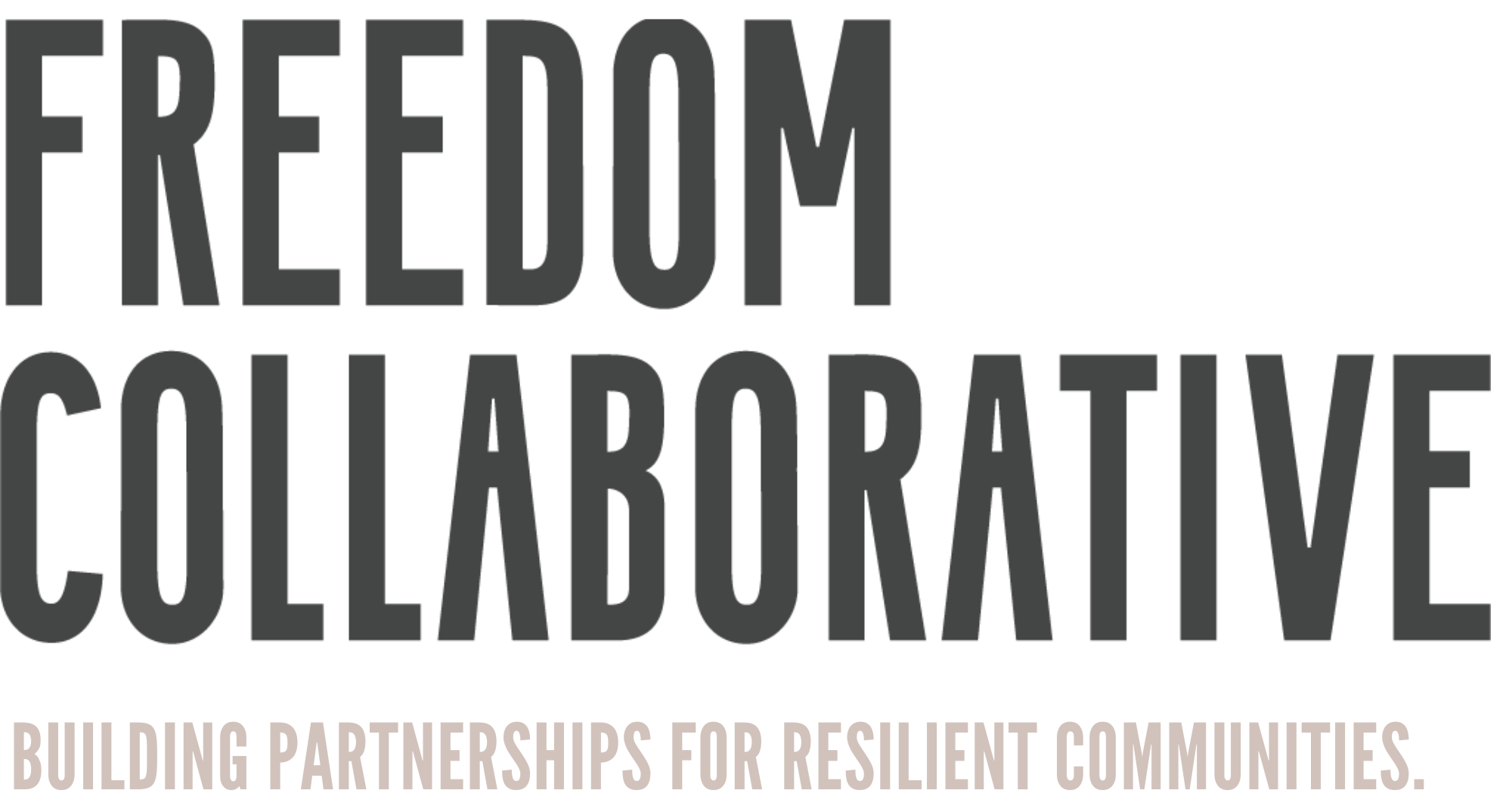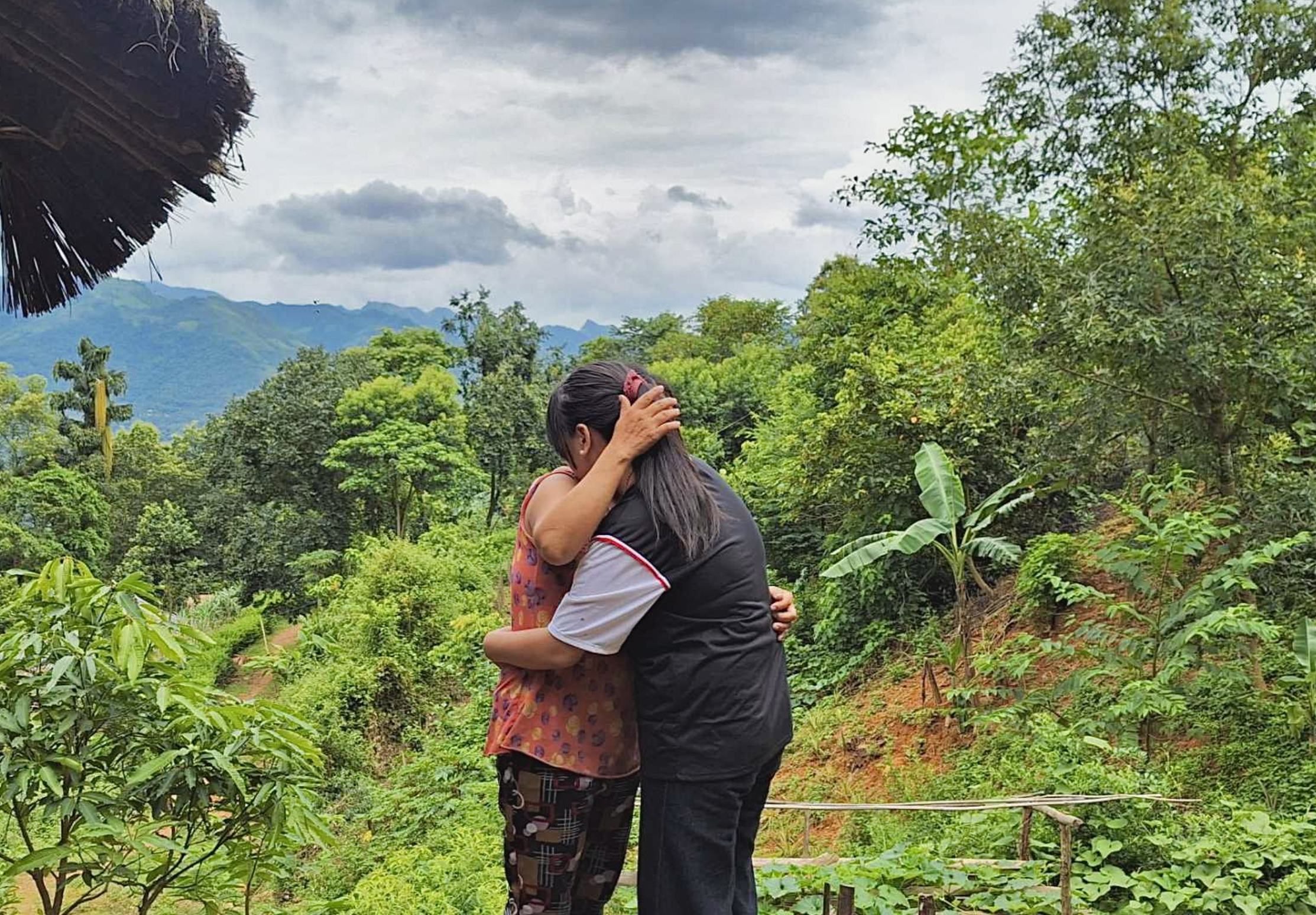Study suggests low-wage employment has limited power in preventing sexual exploitation
A recent study of male and trans/third gender youth who trade sex in northern Thailand investigates the potential causes and consequences of the sex trade shifting online. The results raise questions about the efficacy of employment as a preventative factor if available options fail to meet needs.
Urban Light, an NGO focused on serving the needs of boys and men in northern Thailand, released a study this month following up on their street observations that fewer young males were engaging visibly in the sex trade in the traditional venues like bars, massage parlors, and karaoke establishments. In their survey of male and trans/third gender people exchanging sex, they confirmed suspicions that the sexual exploitation of boys and the purchase of sex services from young men had not disappeared, but instead moved online and became more hidden. The internet is one of many outlets used to trade sexual services. Almost all of the survey participants (95%) had at least some experience engaging with clients online, and 86% have at least some experience conducting an entire relationship online. The research shows that exchanging sex online versus in-person is not mutually exclusive and that the majority of respondents engage in both. The internet can serve as the medium by which they share sexual imagery or services, or it can be the primary meeting or screening point before in-person services. It’s also a common source of information to learn about the sex trade. Several respondents noted that they had first learned about exchanging sex through websites and dating apps. Urban Light suspects that many young people have been groomed and approached by customers through these sources.
While it is clear that in-person services have not disappeared, the internet seems to have broadened possibilities and opportunities for young people who trade sexual services. However, shifting online is not without risk. It may protect against concerns about catching COVID or HIV/AIDS, but one of the biggest concerns cited was the fear of disclosure of personal information. This fear was especially prominent among trans/third gender respondents, with 42% saying they were most concerned about images of them circulating on the internet, compared to 26% of cisgender male respondents saying so.
Among the most notable findings, however, was the finding on respondents’ employment. A majority of respondents (66%) reported having sources of income outside the sex trade, and employment included a variety of jobs such as working in retail, hotels or restaurants, construction, as “general staff” or as a performer.
Prominent reasons cited for engaging in the sex trade included the ability to earn money fast and the ability to work when they want. Respondents were making, on average, about 2.5 times the official minimum wage, and trans/third gender respondents were making even more – approximately 2.8 times the minimum weekly wage. Tellingly, “67% (n = 59) respondents reported that they would stop trading sex if they had a stable income from another source” whereas a minority (13%) reported participating in the sex trade because they enjoyed it.
According to Urban Light, the data and their experience shows that “better employment and more choice in employment would be beneficial. It's not enough to just get someone a job at a convenience store. If someone is being exploited, is in a dangerous position, or is exchanging sex for survival, they may need more assistance in thinking about the bigger picture - goal setting, identifying a career path or educational goals that are appropriate for them. They may need tools and a support system so that they can work out a way forward that aligns with their individual wants and needs, and is therefore motivating enough for them to want to make the move away from exchanging sex and towards safe, legal employment.”
Employment – almost any employment – is a commonly pursued strategy in the anti-trafficking field to reduce or prevent sexual exploitation. However, if a sizable portion of people exchanging sex report themselves as having some other form of employment and still turn to trading sex for survival, it suggests a more complex picture of vulnerability.
Further research is needed to examine the capacity of income in low-wage employment to keep pace with living expenses. On the individual level, tailored counseling is necessary to determine the most effective pathway. As Urban Light explains, "Of course it's not going to be quite as simple as just providing someone with a scholarship or internship, and expecting that everything in their life will automatically improve. At Urban Light, we have seen how important it is…to get to know each individual and all of the other factors (family, housing, health, mental health, etc.) which play a role in their decision-making. What works for one person might not be right for another."
However, on a structural level, there is a potential narrative about workers needing not only more pay, but also more flexible hours and choices in their work – a narrative that mirrors one many others are discussing in other social strata.
Much more research needs to be done to examine whether these populations face similar pressures and see similar possibilities and desires as other social strata. The pandemic caused both incredible hardship but it also shed light on perhaps faulty assumptions about where, when and how work must be conducted. The Urban Light study suggests that some individuals exchanging sex do want to be included in frank discussions about the realities of those experiences. Their input may improve our collective understanding about the changing nature of work, workers’ needs, and pathways to preventing exploitative labor as technology and societal expectations also change. Especially as inflation and rising energy and food costs continue to take their toll, the anti-trafficking sector may need to lend its experience to broader societal discussions about economic inequities and the critical need to raise wages to meet the real costs of living. Centering vulnerable populations’ concerns in the context of broader labor rights issues may be a way to strengthen anti-trafficking advocacy.
Have You Considered…?
Trafficking victims are vulnerable to a variety of sources of harm upon return and reunification. Even well-intended actions can inadvertently cause harm. A victim-centered approach is necessary throughout rescue, return, and rehabilitation processes. ASEAN-Australia Counter Trafficking shared a blog with more detail, as well as a “Do No Harm” guide for first responders. The guide is available in English, Bahasa Indonesia, Burmese, Khmer, Lao, Thai, and Vietnamese.
Share your news
Post your experiences from the field and initiatives to feature





